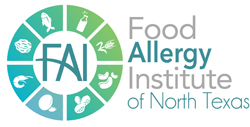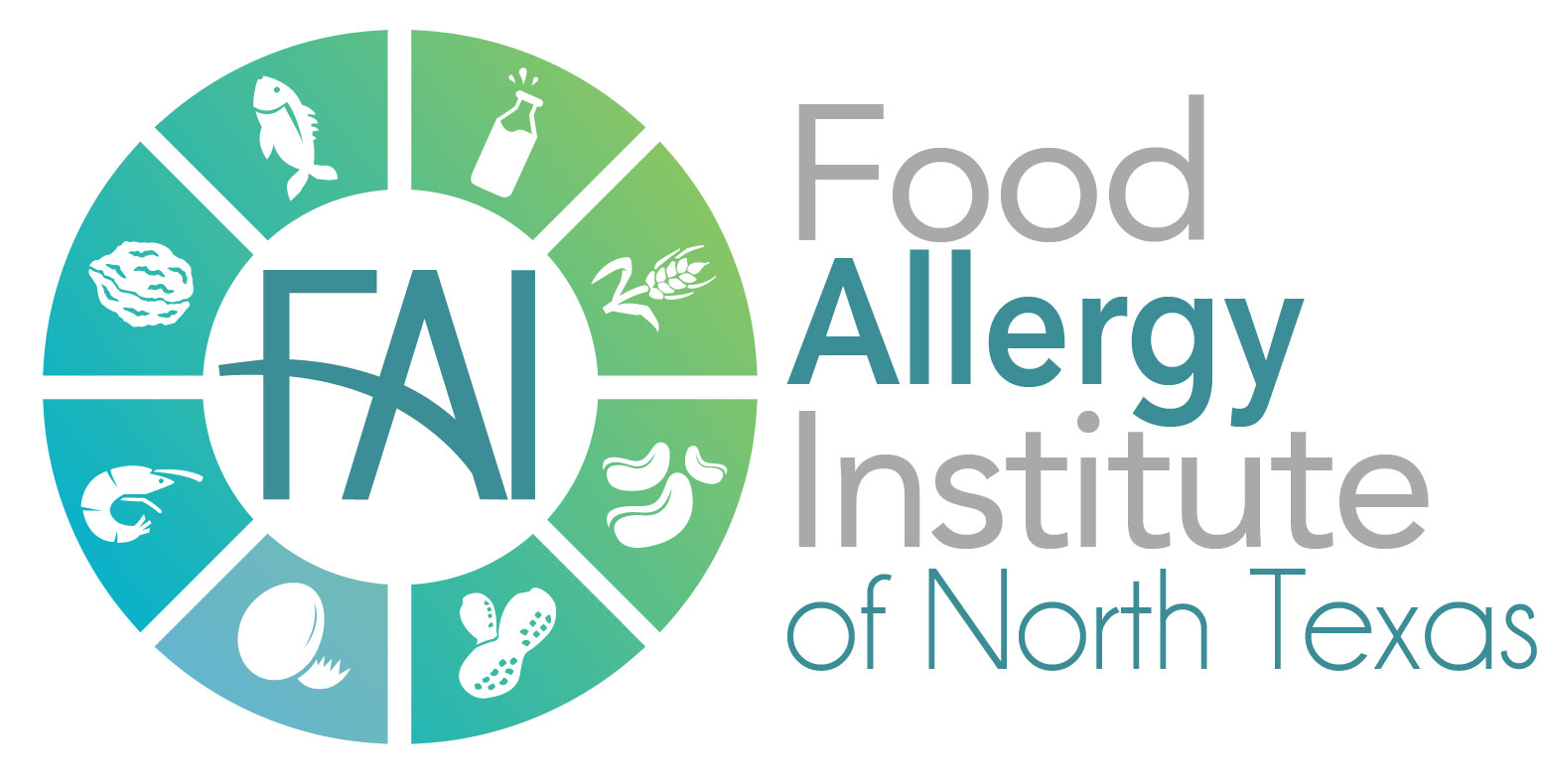29 Mar Hypoallergenic Formulas-What is Best for Your Baby?
Having a fussy baby can send any parent into despair. Figuring out if your child is sensitive to breast milk or their current formula is a good place to start.
Ask yourself the following questions:
- Is my baby colicky/fussy on a regular basis, especially after feeding?
- Does my baby suffer from acid reflux?
- Does my baby have gastrointestinal issues such as: loose stools, cramping, diarrhea, or blood in their stool?
- Does my baby have skin issues such as: excema, rash, hives, or swelling?
- Does my baby often suffer from congestion, runny nose, or itchy eyes?
If you have answered yes to a few of these questions, a trip to the pediatrician for a better assessment would be a good first step.
If you breastfeed, keep a log of what you are eating and when your child experiences these symptoms. It will be a helpful tool as you start to uncover what exactly is bothering your infant. For example, If you discover that milk in the mothers diet is initiating a reaction in your infant, switching over to a dairy alternative (eg. almond milk) could be an easy fix.
Kids With Food Allergies website offers some great suggestions for formula alternatives. The following are some of their recommendations:
Milk-Based Formulas (e.g. Similac® Advance® or Enfamil® Lipil®)
Milk-based formulas offer complete nutrition. But, babies sometimes develop an allergy or intolerance to the cow’s milk protein in these formulas.
Soy Formulas (e.g. Isomil®, Prosobee® or Nestlé Good Start Soy®)
Soy formulas are no less allergenic than cow’s milk-based formulas. Eight to 14 percent of infants with cow’s milk allergy will react to soy. Some infants will develop proctocolitis or enterocolitis. The term enterocolitis refers to the inflammation of the GI tract, which includes both the small and large intestine (colon). The term proctocolitis refers to inflammation of the rectum.
If proctocolitis or enterocolitis occurs, 25 to 60 percent will react to soy formulas. For this reason, soy formulas are not recommended in the treatment of cow’s milk intolerance.
Partially Hydrolyzed Formulas (e.g. Carnation Good Start®)
Partially hydrolyzed formulas take a cow’s milk protein whey, and break it into large pieces. Unfortunately, most babies allergic to cow’s milk will react to these large pieces of milk protein. So, these formulas are not used for infants allergic to cow’s milk.
Extensively-Hydrolyzed Formulas (e.g. Alimentum® or Nutramigen®)
Extensively-hydrolyzed formulas are hypoallergenic. They offer complete nutrition for infants who cannot digest intact cow’s milk protein. They also help infants who are intolerant or allergic to intact cow’s milk protein. These formulas break casein into pieces. Casein is a cow’s milk protein. 90 percent of cow’s milk-allergic babies will not recognize the piece of protein as an allergen. These formulas are also useful in some cases of malabsorption.
Amino Acid-Based Formulas (e.g. Neocate® or EleCare®)
Amino acid-based formulas offer complete nutrition for infants. These formulas are for infants who are unable to tolerate extensively-hydrolyzed formulas. Amino acid-based formulas are also known as “elemental” formulas.
When switching over to a hypoallergenic formula, keep these points in mind:
- The smell and taste will be different. These formulas tend to be more bitter in taste but most babies will not notice the difference.
- You will likely notice a change in their stools. The consistency and smell will change from day to day.
- The color of the formula will be different. Typically these formulas are more transparent.
- These formulas are usually more expensive. This is due to processing and the expertise behind creating these formulas.
The great news is that there are many choices available for infants who display allergies or sensitivities to a formula or breast milk. Start with your pediatrician for good care and to ensure your baby receives the most suitable formula for their optimal well being and development.


